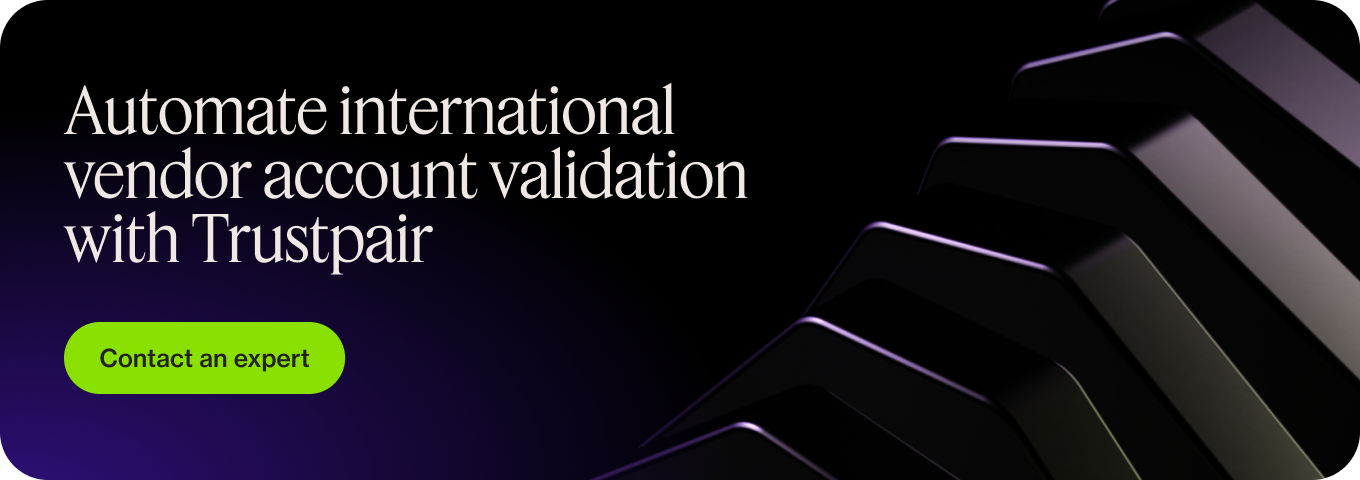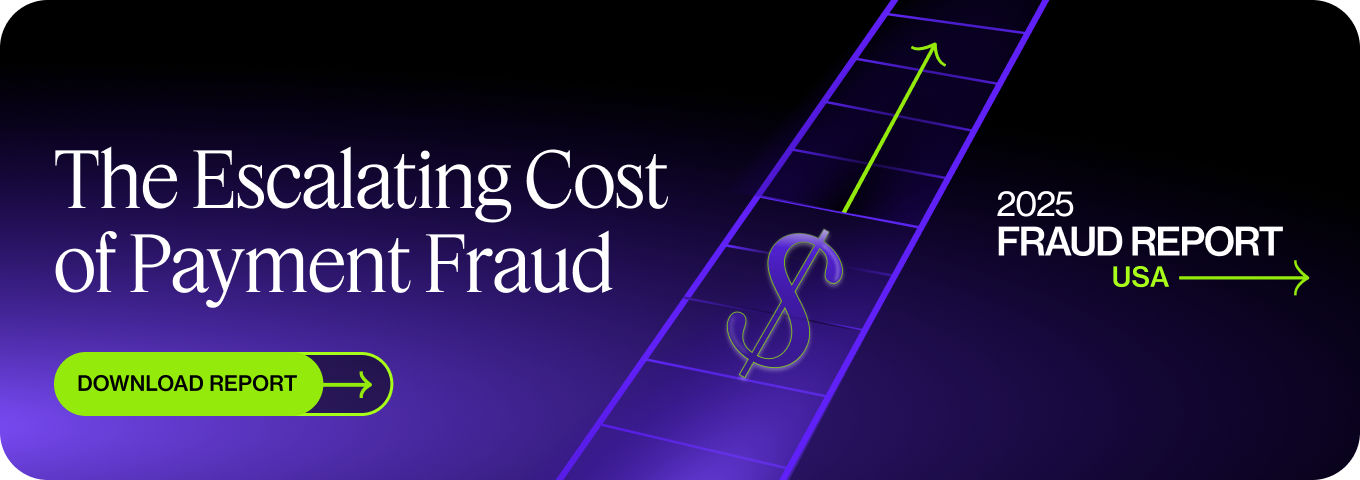A beneficial owner is any individual who benefits from a company’s profits, while the ultimate beneficial owner (UBO) is the person with the greatest ownership or control. Understanding the difference between them is essential to comply with anti-money laundering (AML) and Know Your Customer (KYC) regulations and to avoid unknowingly funding illegal activities.
Identifying both types of owners ensures transparency, strengthens risk management, and protects your business from fraud.
BO and UBO differences key Takeaways:
- A beneficial owner benefits from a company’s profits. The ultimate beneficial owner (UBO) holds the most control or ownership.
- Identifying both supports AML and KYC compliance and prevents financial crimes.
- Knowing your BOs and UBOs improves risk management and helps stop fraud.
- Clear visibility into ownership structures builds trust and compliance across business relationships.
What is a beneficial owner?
Definition of Ultimate Beneficial Owner
A beneficial owner (BO) is any individual who benefits from a company’s profits or assets. In simple terms, this person has a vested interest in the business and gains financially from its success.
Although they’re the same in the majority of cases, a beneficial owner is different from a legal owner. For example, a legal owner can be a guardian or a trust representing another individual who is the beneficial owner.
Beneficial owners often have voting rights or shares that give them influence over company decisions. Unlike an ultimate beneficial owner (UBO), there can be multiple beneficial owners within one company.
What is an Ultimate Beneficial Owner?
An ultimate beneficial owner (UBO) is the individual who exercises the greatest control or enjoys the most significant benefit from a company’s profits. In simple terms, the UBO is the person who ultimately owns or controls a legal entity, even if the ownership is indirect or hidden through other structures.
Unlike a beneficial owner, there is usually only one UBO who has the highest level of substantial control or ultimate control within the organization.
In the case of being represented by a trust, a guardian, or another company, the UBO is the person whom the trust represents. This person ultimately controls the business and may exercise ultimate effective control over operations.
How to identify the ultimate beneficial owner?
The percentage that defines a UBO varies depending on the country.
- In the European Union, the Fourth Anti-Money Laundering Directive defines a UBO as anyone who owns more than 25 percent of shares or voting rights.
- In the United States, a UBO is anyone who holds more than 50 percent of ownership or control, according to FinCEN’s AML regulations.
The EU’s definition of UBO is broader than the US one. This means there technically could be more than one ultimate beneficial owner. Corporations have to do more research into their UBO and find who the “ultimate”, ultimate beneficial owner is. Both frameworks aim to ensure that limited liability companies and reporting companies disclose their beneficial ownership information accurately.
A UBO can be:
- A major shareholder
- Someone with Power of Attorney
- A guardian representing minors
- A spouse or family member with direct or indirect control
Some companies make identifying their UBOs difficult by using nominee shareholders, trusts, or company registered overseas to conceal the full ownership structure. Even when they appear unrelated on paper, these legal persons may still hold substantial control or ultimately benefit from the company’s operations.
Why are they both important?
Protect yourself from third-party risks
While there is a difference between a beneficial owner and an ultimate beneficial owner, it’s important to know both. When dealing with suppliers (or business partners), you need to know who will benefit from your business.
Understanding both beneficial owners and ultimate beneficial owners helps companies manage third-party risks. When you know who truly benefits from a business relationship, you can prevent hidden conflicts of interest and suspicious financial activity.
Monitoring both BOs and UBOs allows companies to react quickly when ownership structures change. A beneficial owner may gain more shares and become the UBO, directly impacting your exposure and financial risk.
Knowing who your partner’s beneficial owners are means you have the necessary information to make informed decisions regarding your company.
If a beneficial owner appears on a Politically Exposed Persons (PEP) list, they may present corruption or bribery risks. This can:
- It could impact your company’s reputation,
- Your shareholders might not agree with that,
- It might not comply with your national or regional regulations,
- There is a high risk of fraud,
These checks form part of a risk management and due diligence strategy required under the Sarbanes-Oxley Act (SOX).
Stay compliant with Anti Money Laundering regulations
Companies have to carry out UBO identification as part of the anti-money laundering (AML) regulations. These regulations aim to prevent money laundering, terrorist financing, and other financial crimes.
In the US, FinCEN (Financial Crimes Enforcement Network) is the entity responsible for the ultimate beneficial ownership regulations, which covers all US companies and organizations that trade or operate in the USA.
In both the EU and US, financial institutions must conduct customer due diligence. In high-risk cases, enhanced due diligence to verify ownership and ensuring compliance with regulatory requirements.
Fraud protection
Identifying your BOs and UBOs is essential for your business because it also protects you against fraud. Ensuring you know who you are sending money to is important for the above reasons but also to ensure you’re not being tricked.
Fraud with your suppliers can look like this:
- Fake vendor fraud, where fraudsters pretend to be one of your suppliers and get paid for goods and services never rendered.
- Invoice fraud, where scammers impersonate your legitimate vendors and get paid in their stead.
- CEO fraud, where criminals pretend to be a high-level executive of your organization to get you to send a transfer to an unknown account (for example saying it’s for “an urgent and strategic deal”).
And that’s without getting into ill-intentioned people who hide behind shell companies, and trick you into money laundering or corporate fraud.
That’s why you should monitor your vendors (and partners at large) on an ongoing basis. It’s not enough to do so when onboarding them, as their BO and UBO could change or end up on sanctioned lists.
Trustpair helps you in your due diligence process by constantly auditing the credentials of your third parties. We check your vendors’ information against international databases to ensure:
- They are who they say they are,
- They’re not on any sanctioned list.
Any suspicious activity is flagged and transactions won’t be sent without your approval. That means you’re protected against the risk of fraud, but also ensures your compliance with the diverse AML laws.
To learn more about fraud risks, download our latest fraud study!



